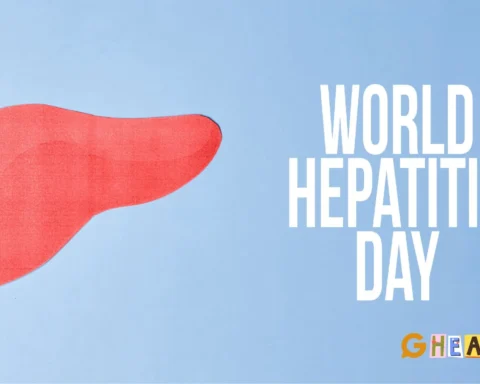The global scenario has changed a lot since the initial days of the COVID-19 pandemic in March 2020. Three years have passed, and the pandemic seems to have faded from conversations. Still, it's essential to stay informed and take the necessary precautions.
One reason for the fade in COVID-19 conversations is the shift in political focus. As the urgency of the pandemic diminishes, politicians and the media have moved on to other issues. For example, at the time of writing this piece, the Russia-Ukraine war was in its second year. The Israeli-Hamas conflict is happening in another part of the world. Every day is new for those who follow the happenings in the world.
Another reason for the diminished focus on COVID-19 is the loss of the sense of smell in many patients who recovered from the disease. Anosmia, or the loss of the meaning of smell, emerged early on as a striking symptom of COVID-19, and many patients recovered their senses as they cleared the virus. However, as many as 35% of COVID-19 survivors suffer long-term loss of smell, with scientists still uncertain about the duration of this issue.
This loss of smell has made the pandemic less tangible for those affected, as they can no longer experience the sensory pleasure of smelling their morning coffee or the taste of their food. Such patients definitely would not lend their ears to conversations surrounding COVID-19 since it does not bring them any happy thoughts.
The fading of COVID-19 from conversations may also be attributed to the emergence of long COVID, a condition where symptoms persist for months after the initial infection. As more people are diagnosed with long COVID, and its effects become better understood, the public's attention may shift towards understanding and managing this new aspect of the pandemic.
At the beginning of the pandemic, the media was continuously reporting, as it was the first time in modern times that a pandemic had rocked the world. Social media played a significant role in shaping public perception of COVID-19 and its impact on society. The rise of social media has amplified debates and falsehoods in a way that was not possible during previous pandemics.
Now that most of the public seems to have overcome the initial social consequences of COVID-19, they have likely become complacent or simply tired of constant bad news.
This has led to a more polarised and emotionally charged discourse surrounding the pandemic, which may contribute to the fading of COVID-19 from conversations as people become fatigued by the constant stream of information and misinformation. This shift in focus has led to a decrease in the prominence of COVID-19 in political discourse. The media generally loses interest in a topic when the drama fades away.
Despite the fade in COVID-19 conversations, it is essential to remain vigilant and informed about the ongoing impact of the pandemic on our lives. The virus continues to evolve, and new variants may emerge, posing new challenges to public health and society. By staying informed and taking the necessary precautions, we can better prepare for any future health crises.
The virus is still spreading, and new variants are emerging. We must remain vigilant and work together to overcome another global crisis. The lessons from the first pandemic are good enough to make most people feel they cannot afford another one.
The impact of the virus persists, and recognising the importance of continued vigilance, economic recovery, and collective memory is crucial for navigating the ongoing complexities of the post-pandemic world. Understanding why COVID-19 fades from conversations is vital for shaping effective public health strategies.
The fading of COVID-19 from conversations does not mean that the pandemic is over or that we can ignore its ongoing impact on our lives. It is crucial to remain informed and engaged in discussions. After all, there is no harm in being cautious and taking preventive measures.











[…] Vaccines: India's vaccine manufacturing capabilities are crucial in preventing infectious diseases, particularly during the COVID-19 pandemic. […]
[…] COVID-19 has paved significant changes in each and every industry starting from the job sector to the health sector. Though this disease has etched its mark in the bleakest histories of mankind, there are some positive learnings that one gathered from this pandemic. The knowledge of hygiene that was hitherto stunted and not taken into serious consideration has improved with the incorporation of sanitization facilities and regulated washing of hands, so as to prevent infections and food-borne diseases. […]
[…] The channel Cartoon Network has cleared the mist regarding #RIPCartoonNetwork. The channel claims that it will continue to take challenges in the future, and will not stay behind in creating innovative content, to meet the demands of the present generation. The rumour regarding the shutdown of Cartoon Network became convincible as the primary reasons stated in the original post were:- unemployment and COVID-19. […]